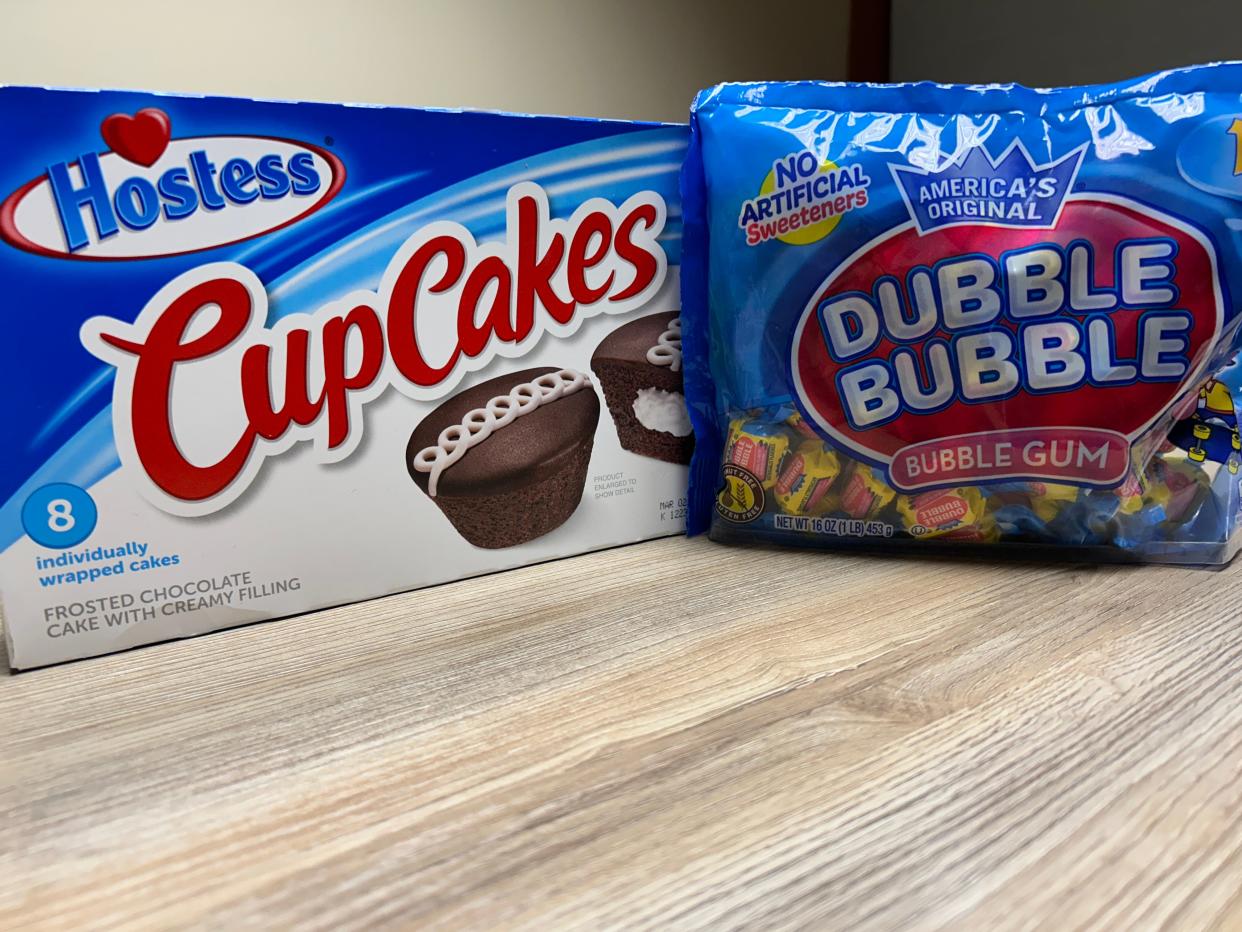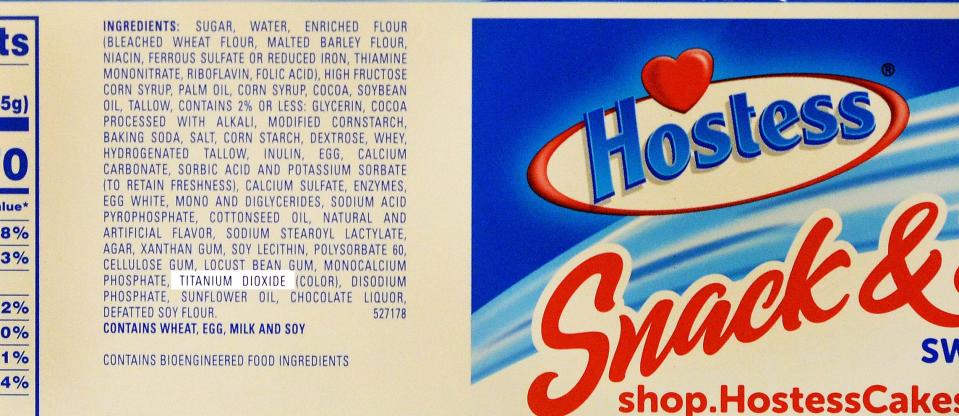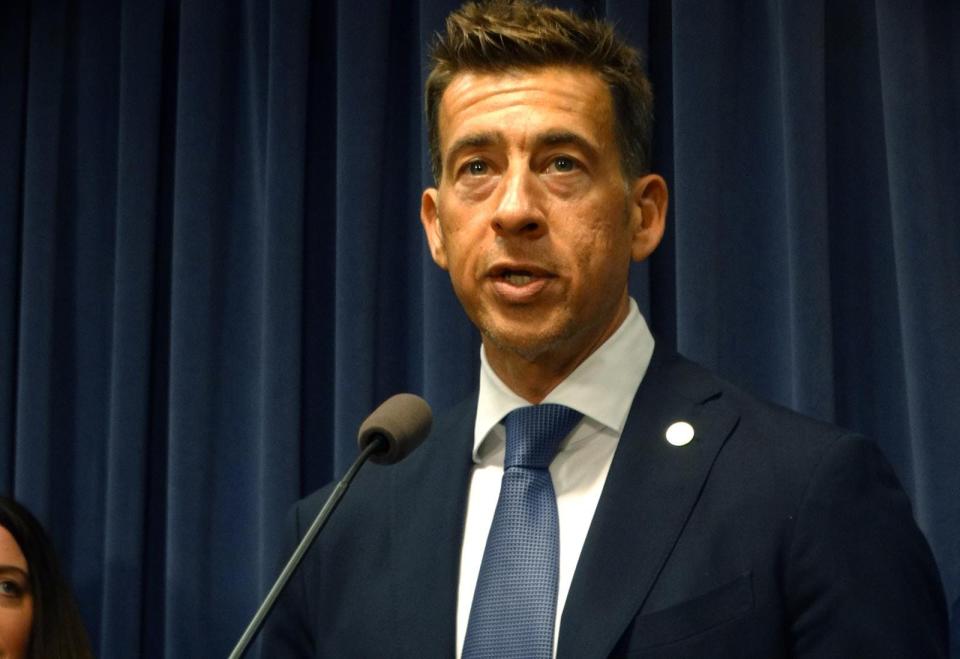Illinois lawmakers, Giannoulias advocate for 'Skittle law' banning food additives

- Oops!Something went wrong.Please try again later.
Additives often found in processed foods could be banned in the state if a bill passes the Illinois General Assembly.
Led by state Sen. Willie Preston, D-Chicago and Rep. Anne Stava-Murray, D-Downers Grove, Senate Bill 2637 would prohibit the sale and manufacture of food products containing brominated vegetable oil, potassium bromate, propylparaben, red dye No. 3 and titanium dioxide.
The additives, health officials said, have been linked to nervous system damage, reproductive issues, and increased rates of cancer.

"I don't think a single one of us in this room want to be serving their child a bowl of cereal that can also cause them cancer," Stava-Murray said during a press conference held in Chicago Tuesday. "And yet that is happening every day in this state."
The legislation called the Illinois Food Safety Act and known colloquially as the "Skittle law," is modeled after a California law passed in October and follows a ban in the European Union. If passed, it would go into effect in 2027. The law would also impose a civil penalty of $5,000 for first-time violators and fines not exceeding $10,000 for each subsequent infringement.
More: One-on-one with U.S. Rep. Nikki Budzinski: Act on immigration, protect abortion rights
Other additives — butylated hydroxyanisole and butylated hydroxytoluene — would be studied by a commissioned university or research institute and could also be banned if recommended.
Illinois Secretary of State Alexi Giannoulias joined lawmakers in supporting the proposal. His office administers the state's organ donor tissue registry, a list topping 7.5 million Illinoisans as of last month. The additives contribute to chronic sickness, he said, which often weaken organs, especially of children.

"Tragically, we are seeing way too many chronically sick individuals and not enough healthy organs," he said.
Not all groups, however, back the bill including the Illinois Manufacturers' Association. IMA President and CEO Mark Denzler said the legislation would overstep the U.S. Food and Drug Administration in addition to causing a sizable negative economic impact.
“This measure would create a confusing and costly patchwork of regulations for food manufacturing, which is the single largest segment of Illinois’ manufacturing economy," he said in a statement. The industry generates more than $135 billion in economic impact in Illinois per year.
Giannoulias hopes the bill, instead of leading to high numbers of penalties, will encourage food manufacturers to use alternative ingredients similar to countries that have already enacted legislation.
Holding a bag of Skittles from the EU no longer containing banned additives, Giannoulias essentially displayed the legislative intent.
"In other words, (food manufacturers) know how to do it and when they're told to do it, they are already doing it with zero difference in taste," he said.
The bill had yet to be assigned to a Senate committee as of Wednesday. Lawmakers are scheduled to return to Springfield on Feb. 6.
Contact Patrick M. Keck: 312-549-9340, pkeck@gannett.com, twitter.com/@pkeckreporter.
This article originally appeared on State Journal-Register: Illinois manufacturing group opposes 'Skittle law' proposal

